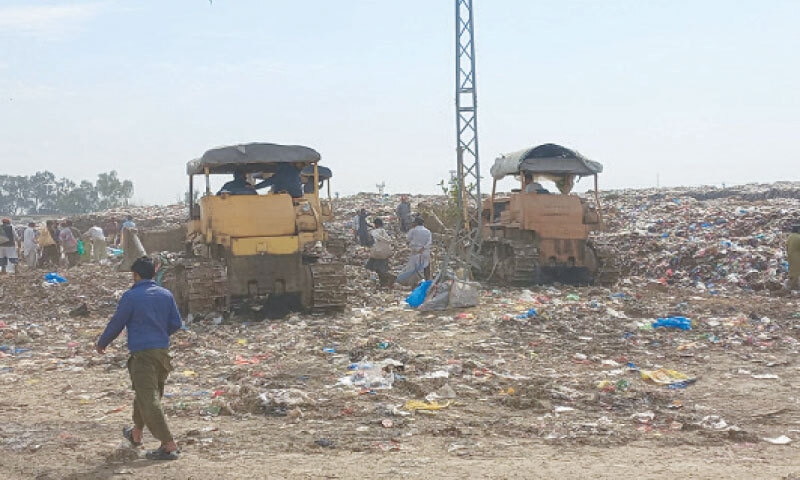Islamabad’s Sector I-10/1 residents have raised alarm over repeated waste dumping near Sabzi Mandi, describing the situation as unbearable and harmful. They say that garbage is dumped frequently in front of their homes but rarely cleared fully, leaving foul smells, health risks, and daily distress.
For years waste trucks have delivered loads of trash to the site, but removal is inconsistent. Residents estimate that if ten trucks drop waste, only five remove it, so mounds of garbage accumulate over time. The dumping happens in close proximity to both a major supermarket and the Fruit and Vegetable Market, making the surroundings even more untenable for the local community.
Citizens have now turned to the Environmental Protection Tribunal, having filed a contempt application against the Capital Development Authority (CDA). The Tribunal had earlier declared the dumping site illegal and ordered the CDA to remove the waste after consulting residents. But according to locals, the authority took little action, prompting renewed legal pressure and public warnings of protests or road blockages.
The health implications are already visible. Residents report increased allergies and illnesses, partly linked to the decomposing waste. Environmental advocates warn that such sites become breeding grounds for bacteria, attract stray animals, and worsen air and soil quality in residential areas.
As anger mounts, mosque announcements in I-10 have begun alerting people to protest if the dumping continues unchecked. Citizens feel neglected and demand swift action from authorities.
If the CDA responds decisively now, it could reclaim trust and restore environmental standards. But if the situation persists, residents might find themselves forced to escalate measures. The community is demanding not just cleanup but long-term accountability and a transparent waste management plan that ensures their neighbourhood is no longer treated like a dumping ground.



Comments (0)
No comments yet. Be the first to comment!
Leave a Comment